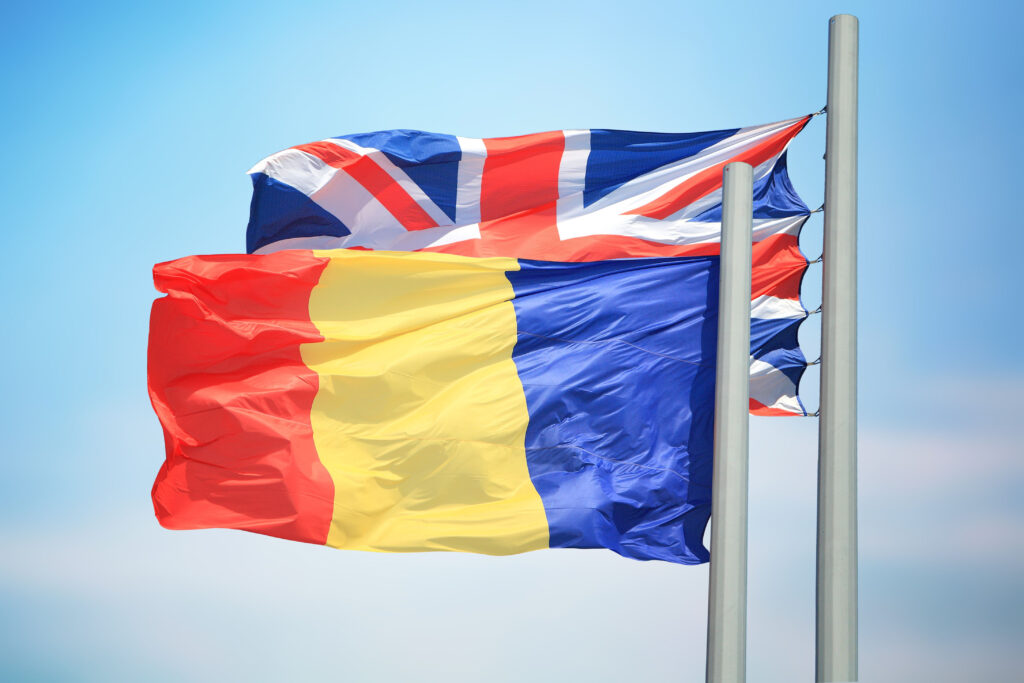A SCOTS study has identified a significant increase in xenophobia and racism toward Romanian migrants, since the 2016 Brexit vote.
The University of Glasgow-led study from research centre UK Collaborative Centre for Housing Evidence (CaCHE) looked into the inequalities Romanian migrants have faced during the post-Brexit and post-Covid era.
As part of the study, Dr Adriana Mihaela Soaita conducted interviews with a diverse range of respondents, over half of whom admitted to having experienced verbal abuse, racist language or indirect discrimination following the Brexit vote in 2016.

One respondent discussed the increase in aggression towards those with an accent, once being told to “get off the bus and leave the UK.”
Professor Ken Gibb, Director and Principal Investigator at CaCHE, commented: “Dr Soaita’s
important research reminds us of the challenges facing migrant workers during Covid-19 and in the context of the evolving changes brought on by Brexit’s realisation.
“These individuals, families and communities make a major contribution to British life, be it to the economy or to the dynamics of our neighbourhoods and towns.
“The experiences they tell us about should be widely read and reflected on by policymakers, practitioners and citizens.”
Dr Adriana Mihaela Soaita, Marie-Curie Fellow at the University of Bucharest, added: “As a
Romanian migrant myself, I felt privileged in making other Romanians’ voices heard.
“Showing their contributions to the UK society, their resilience during times of distress and their vision for social mobility in a society they praise for its meritocracy.”
The study also showcased the economic, physical, and mental health toll on Romanian migrants during Covid-19, many of whom were self-employed, employed in the hospitality sector or key workers.
Brexit also caused further tightened borders, leading to Romanian families to be separated – whether it be partners, children or parents.

